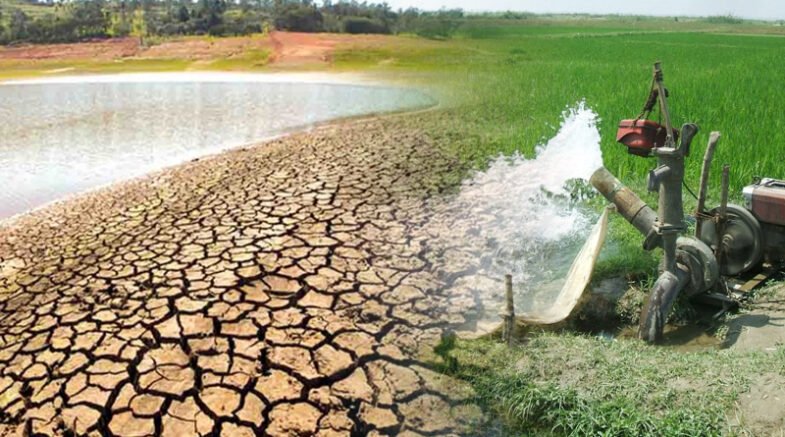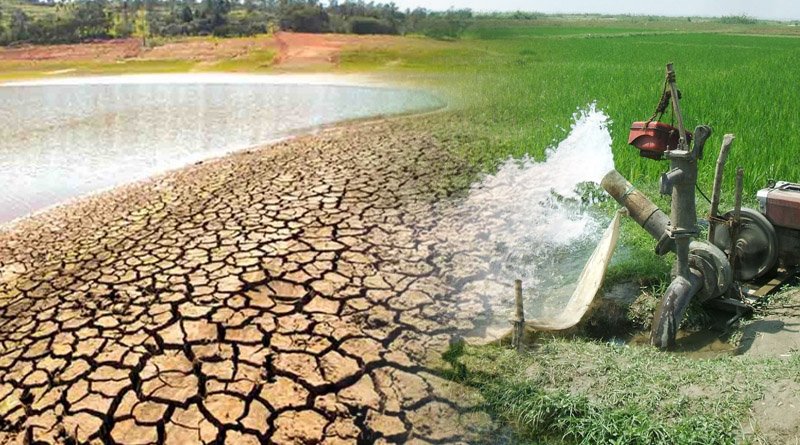Despite producing less than 1% of the world’s carbon emissions, Pakistan is experiencing the effects of climate change through natural disasters like droughts and floods.

Despite producing less than 1% of the world’s carbon emissions, Pakistan is experiencing the effects of climate change through natural disasters like droughts and floods. It is becoming clear that over usage of irrigation water lowers the water table, harms the health of the soil, and reduces agricultural productivity.
The largest user of freshwater in Pakistan is agriculture, but poor management has resulted in a 50% water waste rate.
The farming community in Pakistan can use water resources more effectively by incorporating smarter technologies like drip irrigation and sprinklers as well as water resource management strategies from progressive nations.
The issue of water over usage has also been addressed by the private sector, with organisations like Nestlé Pakistan launching initiatives to enhance water quality.
To control domestic water use and prevent contamination of freshwater by sewage water, water-efficient crops must be adopted and made more widely known. Despite the water crisis, technological advancements give Pakistani citizens hope that their country can use its watershed effectively and prevent destruction.
A problem has always been poor water management, particularly in developing nations like Pakistan. It is conceivably the most underappreciated threat to global security that exists today. Life cannot exist without water, and this problem is causing an urgent existential problem.
Poor policies, outdated agricultural practises, and crop combinations that waste a lot of water are the main reasons why water management is still ineffective. Therefore, millions are losing access to usable water even though the size of the oceans has not changed and rain is still common. Water still surrounds us, but we are losing the ability to use it effectively, which is the harsh reality.
Globally, inefficient agricultural practises have made water management a bigger problem. The Food and Agriculture Organization of the United Nations (FAO) estimates that agriculture uses more than 70% of all water withdrawals, and that this waste is even higher (95%) in developing countries.
